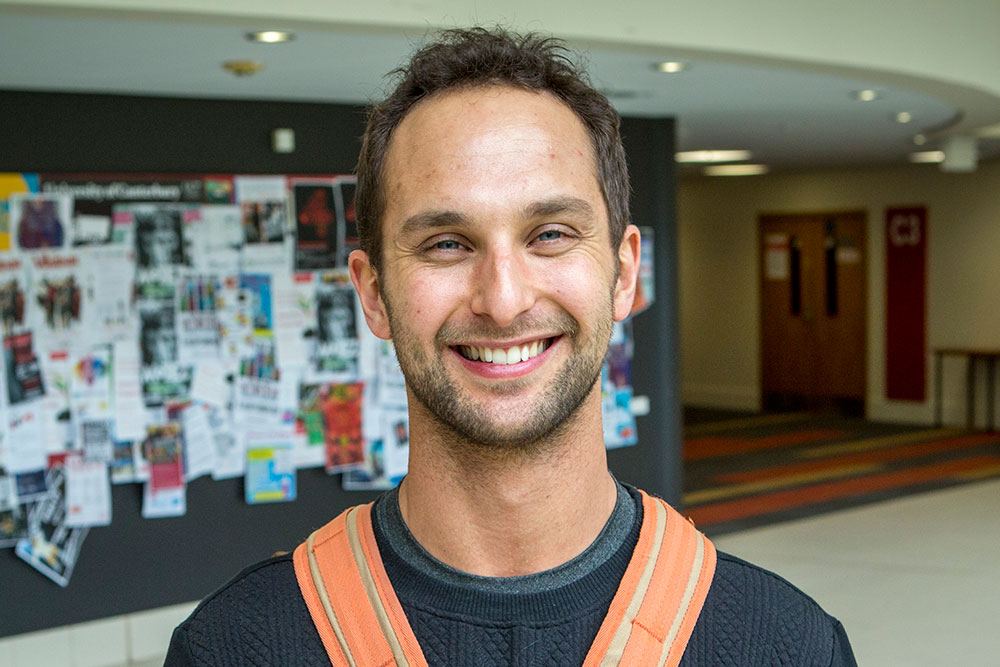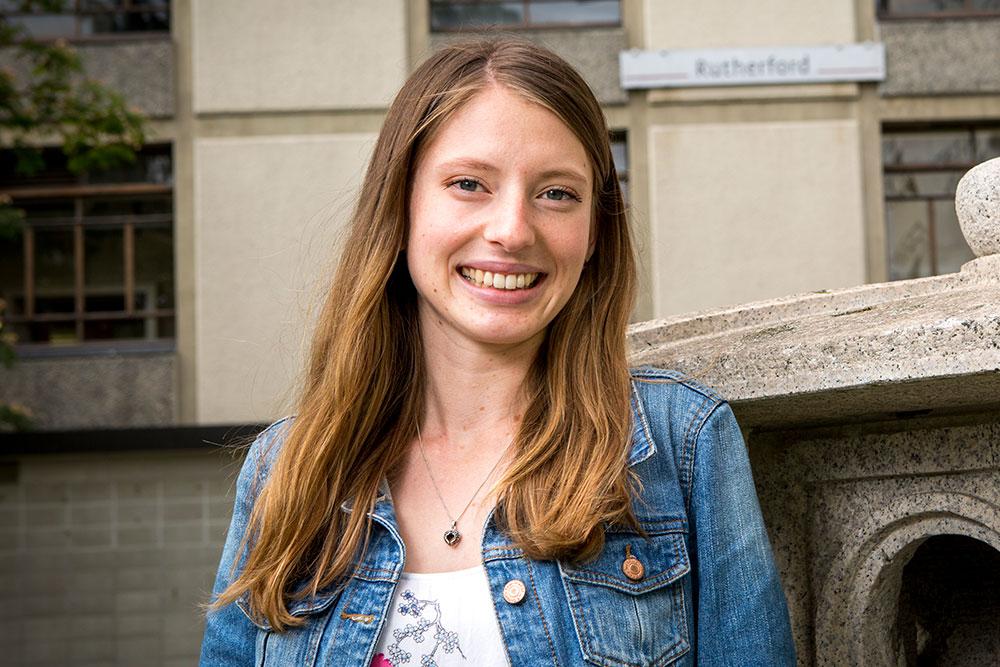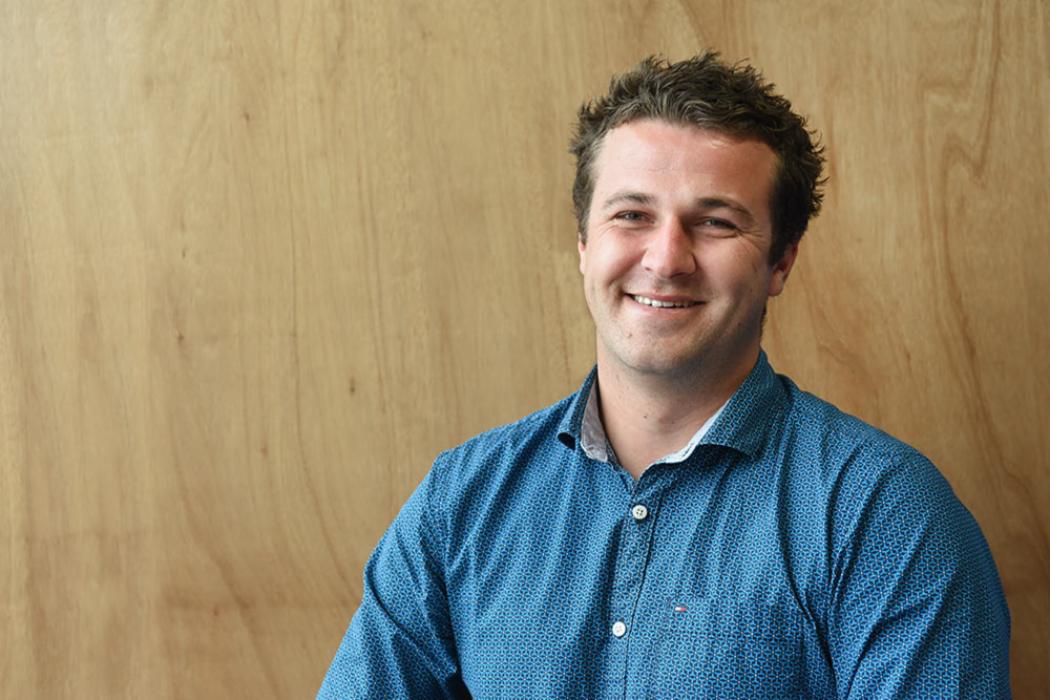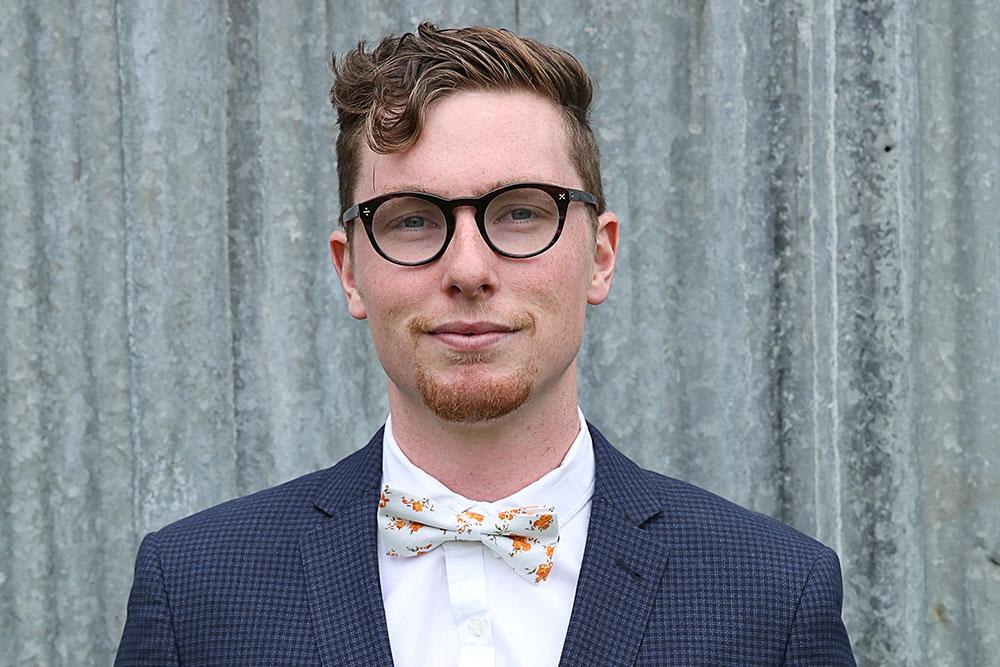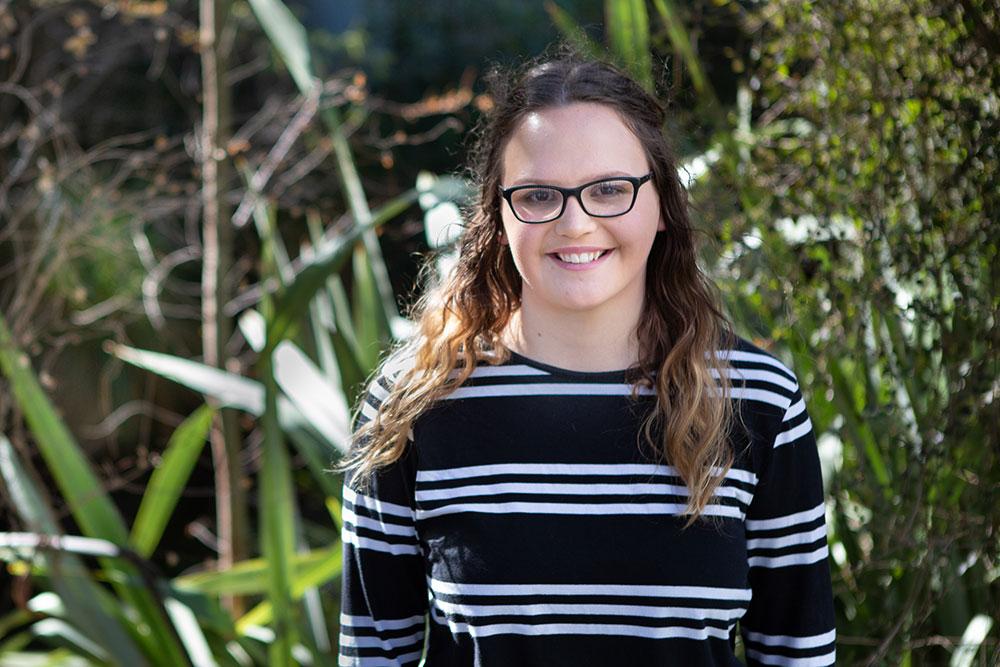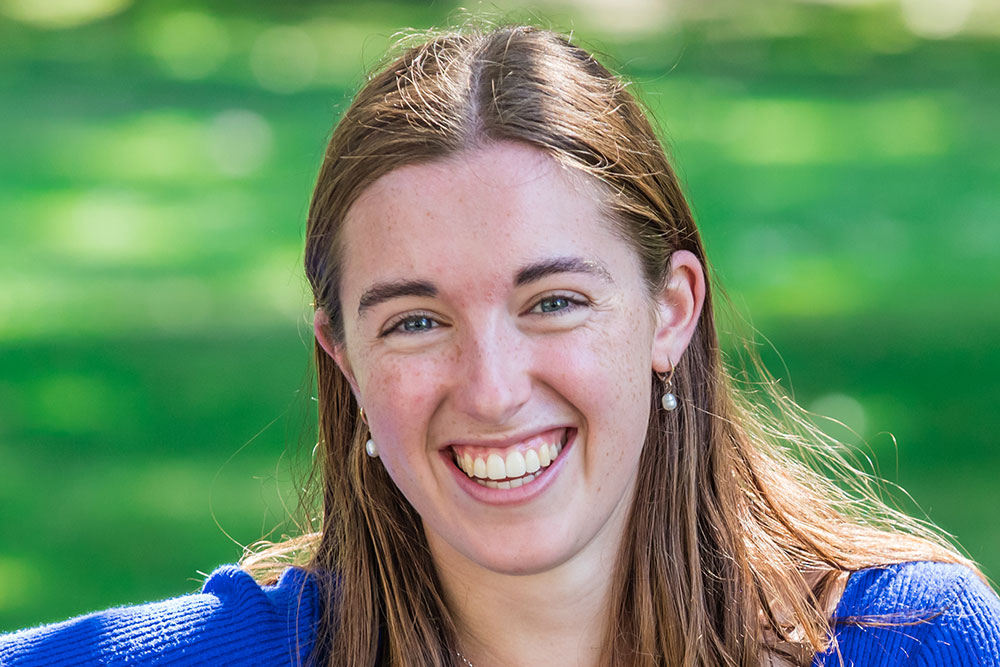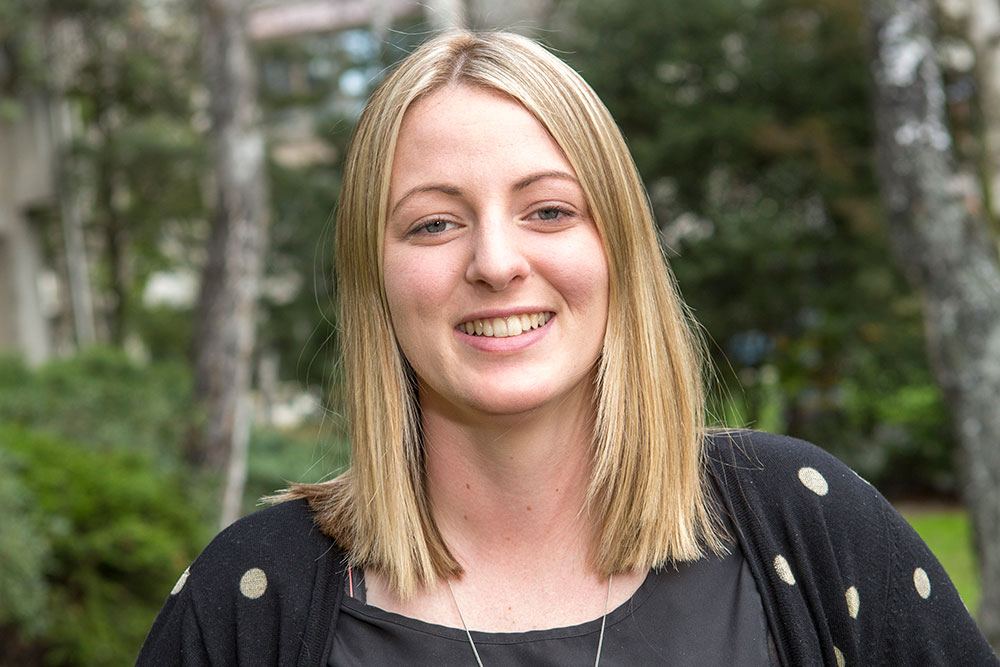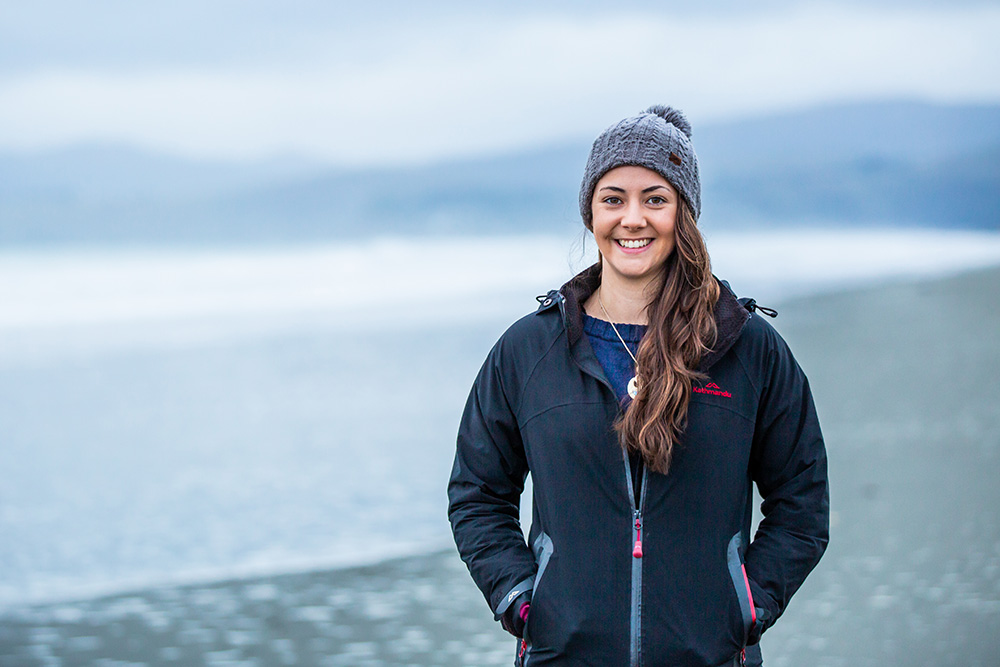(Ngāpuhi)
PhD in Environmental Science
Ani had completed studies in Zoology, Māori Studies, and Marine Science before coming to UC to begin her PhD in Environmental Science.
"The decision to continue into PhD was based on my previous experiences in research and work. These included work within the New Zealand oyster fishery, global commercial fishery, research within customary fisheries and shellfish research, and working as an aquaculture analyst. I wanted to further my research skills in shellfisheries function, to understand local management, and to gain experience in contaminant research relating to estuarine and coastal systems."
Receiving a Ngāi Tahu Doctorate Research Scholarship was a key part of her decision to study at UC due to the funding and research expertise support she would receive.
"The Ngāi Tahu Research Centre and the School of Biology were supportive of my research scope. They are specialists in Ngāi Tahu Mahinga Kai – culturally important practices and harvest of food and habitats, and eco-toxicological research."
As a Ngāi Tahu Research Centre student, Ani had the opportunity to do her research on an international scale. She has taken part in the First Nations’ Futures Programme at Stanford University in California, USA, which focused on developing leadership skills for work within the community.
"The programme had brought together very brilliant role models. This experience enriched my development as a person, an academic, and as a role model," she says.
Her passion sees her exploring the outdoors often, which she says is one of the perks of her study.
"I enjoy getting outside to learn and become familiar with the environment. In the last year I have completed field and laboratory research on shellfish in two very different environments – O'ahu Hawai'i, and Canterbury, Aotearoa."
Ani had the opportunity to go to Hawai'i with a Fulbright Graduate Science and Innovation Research Scholarship.
"I was able to study in O'ahu Hawai'i, and I have returned to continue the same research across ten sites in Canterbury. While in O'ahu, I was inspired by a non-profit organisation, Paepae o He'eia, that has been restoring the He'eia Loko I'a (traditional fishponds). Part of the focus for the organisation is on the health, environment, education, and interaction with the indigenous ecological system. Our NZ coastlines are a part of our identity and culture. I would like to apply my research towards restoration and education with these environments in a way that supports ecological function and wellbeing."
With big plans for her career, Ani is grateful for the experiences she has earned so far.
"The challenge has forced me to discuss what I do with a wider range of audiences, and the opportunities have been rewarding," she says.


